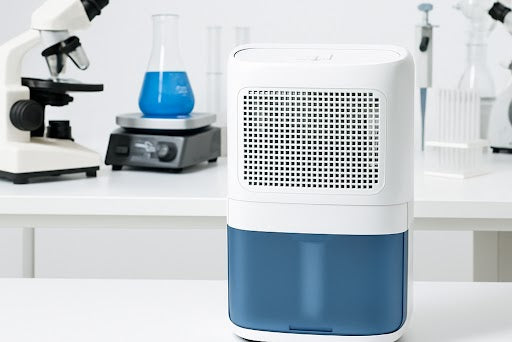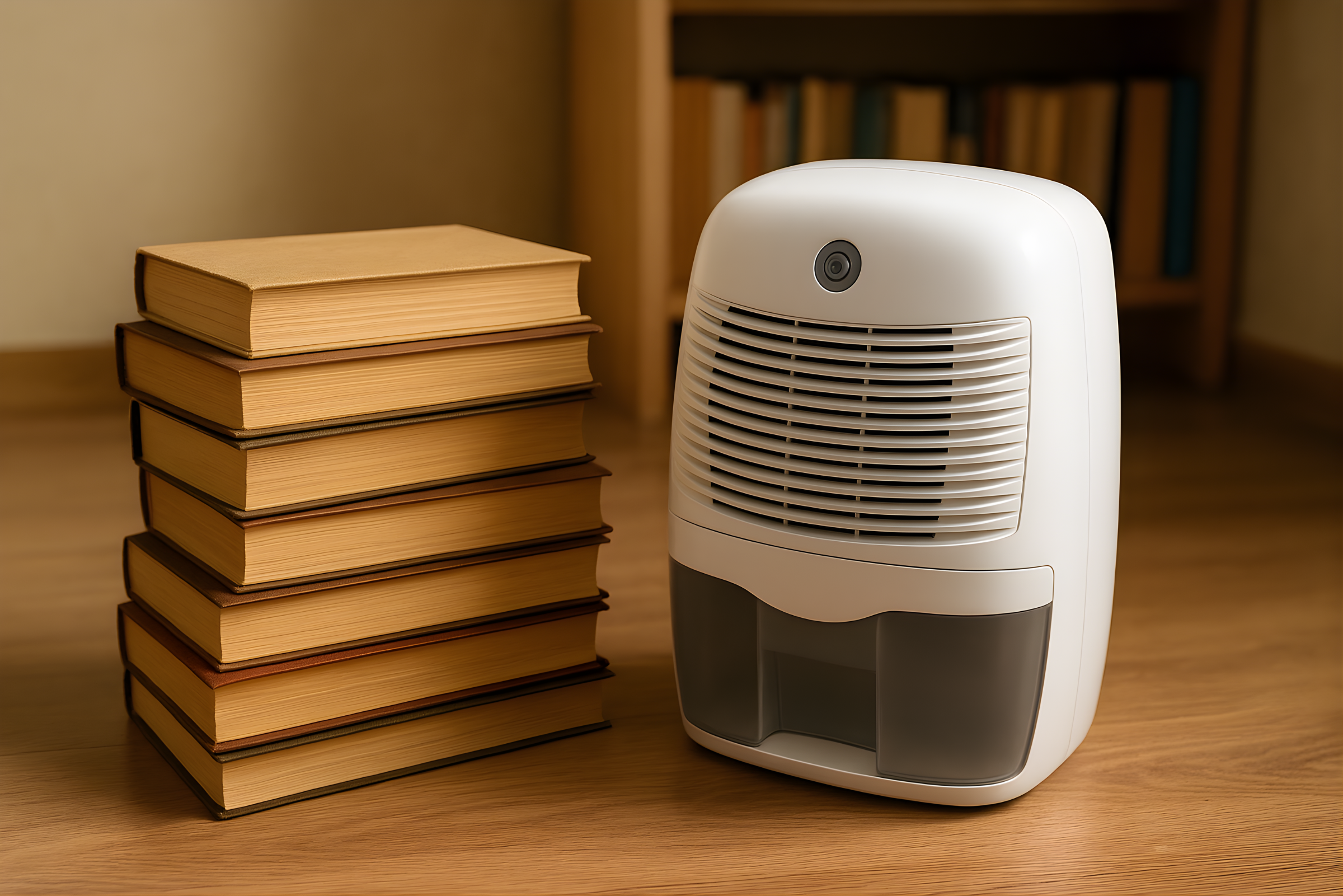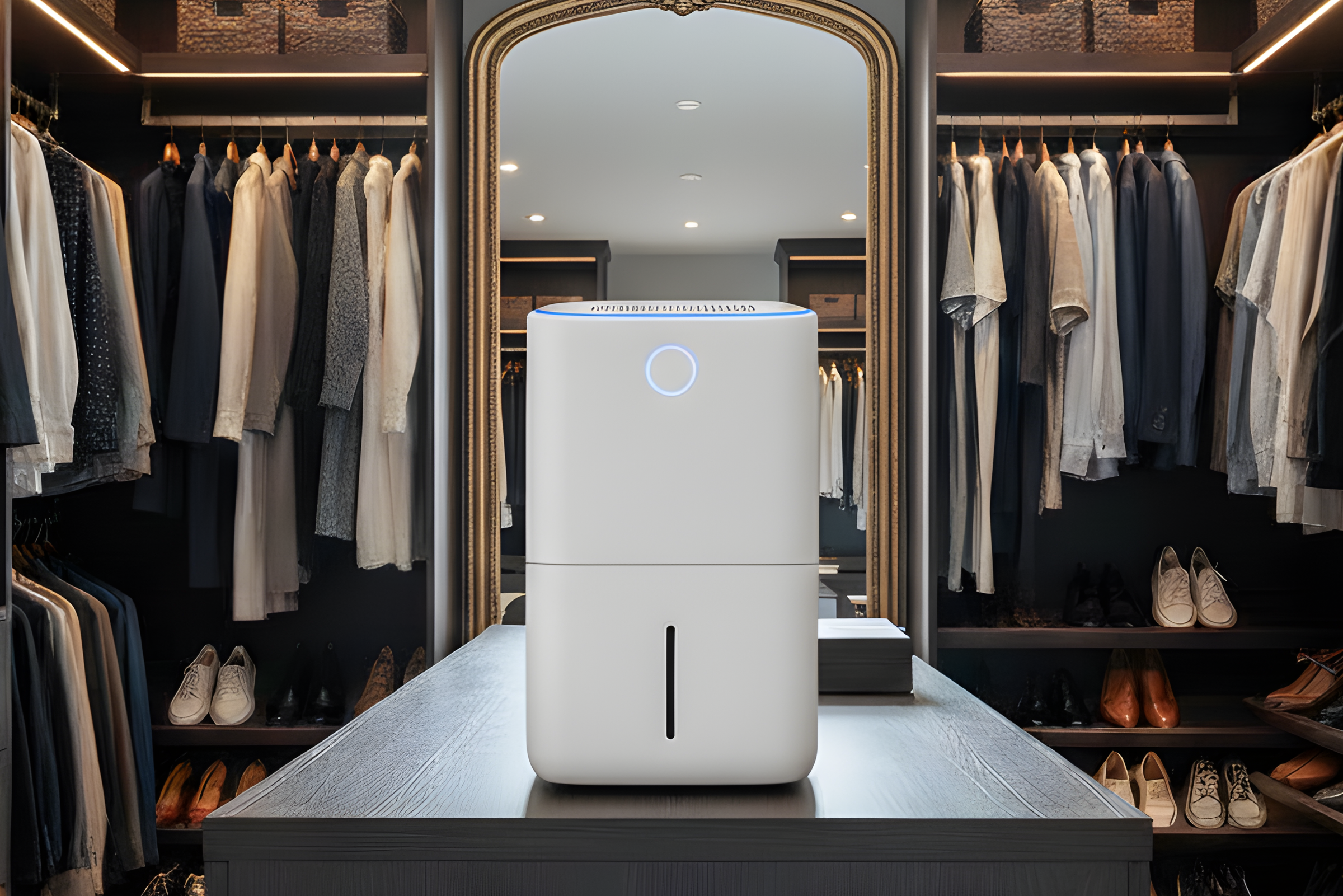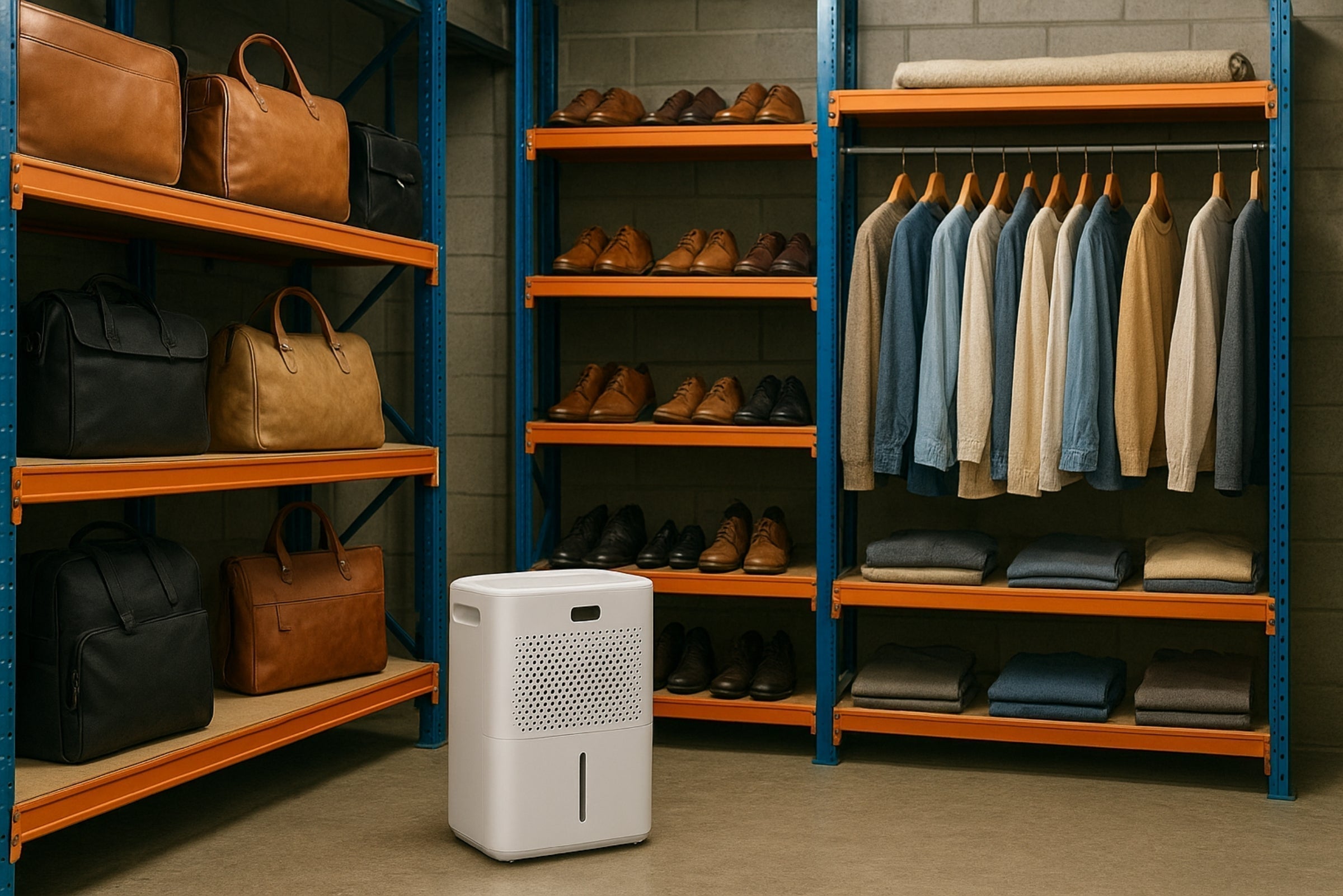When we think about laboratories, the first thing that often comes to mind is precision. Every experiment, every sample, and every piece of equipment is handled with extreme care. But there's one factor that can silently disrupt all of this — humidity.
High humidity levels can cause serious damage to lab equipment, chemicals, electronics, and even research outcomes. That’s why using a laboratory dehumidifier is not just a luxury — it’s a necessity.
Let’s explore why controlling humidity is so important in laboratories and research facilities, and how an Origin commercial dehumidifier or Origin industrial dehumidifier can help.
Why is humidity in labs harmful?
Humidity refers to the amount of moisture present in the air. In general, a relative humidity level between 40% and 60% is considered ideal for most indoor environments. But in laboratories, the acceptable range is often much tighter.
Too much moisture in the air can lead to:
-
Corrosion of sensitive equipment
-
Inaccurate test results
-
Spoiled samples and reagents
-
Growth of mold and mildew
-
Shortened lifespan of electronic instruments
For research facilities where every detail matters, even a small change in humidity can affect outcomes.
How can a Laboratory Dehumidifier help?
Origin laboratory dehumidifier is specially designed to control humidity levels in a scientific environment. It helps maintain the air at a stable, ideal moisture level, ensuring that the work being done in the lab is safe, accurate, and reliable.
Here’s how a dehumidifier helps in different areas of lab operations:
1. Protecting Equipment
Modern laboratories use highly sensitive electronic equipment. Instruments like spectrometers, microscopes, centrifuges, and analyzers can malfunction or corrode in high humidity. Moisture causes oxidation and can damage circuits or lenses.
By using an Origin commercial dehumidifier, labs can avoid expensive repairs or replacements and keep equipment working efficiently.
2. Preserving Chemicals and Samples
Some chemicals react to moisture in the air. For instance, hygroscopic substances like sodium hydroxide or sulfuric acid absorb moisture easily, changing their composition or potency.
Biological samples, tissues, and reagents also degrade quickly in humid conditions. An Origin laboratory dehumidifier keeps the atmosphere dry and controlled, helping in the preservation of these vital materials.
3. Improving Accuracy and Safety
Accurate data collection is crucial in scientific research. Humidity can skew weight measurements, impact the behavior of gases, or alter reactions. Additionally, humid environments can become breeding grounds for mold and bacteria, creating a health risk for researchers.
With an Origin industrial dehumidifier, labs can maintain a controlled setting that enhances both safety and precision.
Where are Dehumidifiers used in labs?
Dehumidifiers are not just for large open labs. They are used in:
-
Cleanrooms: To prevent particle and microbial contamination
-
Storage rooms: To protect chemicals, glassware, and documents
-
Server rooms: To prevent overheating and electrical damage
-
Calibration labs: Where even a slight change in conditions can affect accuracy
Each of these areas benefits from stable humidity levels.
What are the Benefits of a Commercial Dehumidifier or Industrial Dehumidifier in labs?
Not all dehumidifiers are created equal. For a lab setting, especially one with high volumes or sensitive processes, a basic home dehumidifier may not be sufficient. That’s where Origin commercial dehumidifiers and industrial dehumidifiers come in.
Here’s why they are better suited:
-
Larger capacity: They can remove more moisture per day
-
Durable and reliable: Built for continuous, heavy-duty use
-
Precise controls: Maintain specific humidity levels
-
Energy efficient: Despite their size, they’re optimized for long-term operation
Whether you are running a pharmaceutical lab, a research institute, or a testing facility, choosing the right industrial dehumidifier ensures uninterrupted, accurate work.
How to choose the Right Dehumidifier for Your Lab?
When selecting a dehumidifier, consider the following:
-
Room size – Larger labs need high-capacity units.
-
Desired humidity range – Some research areas need tighter control.
-
Type of work – Biological labs might need higher filtration, while chemical labs need corrosion resistance.
-
Noise level – For smaller or quiet labs, low-noise units are ideal.
-
Drainage options – Continuous drainage is better for 24/7 operations.
It’s always a good idea to consult with a dehumidification expert to match the right system with your lab’s unique needs.
Conclusion
Humidity control in laboratories isn’t optional — it’s critical. Whether it’s for protecting expensive equipment, preserving the integrity of samples, or ensuring accurate results, a laboratory dehumidifier can make all the difference.
For larger facilities, a commercial dehumidifier or industrial dehumidifier provides the scale, strength, and precision required to meet demanding lab conditions. Investing in the right system saves money, time, and effort in the long run.
So if you're running a lab and haven't yet considered humidity control — now’s the time. The success of your research may just depend on it.





Share:
Why Dehumidifiers are needed in Farsaan Shops and Sweet Shops
Why High-End Homes Need Dehumidifiers?